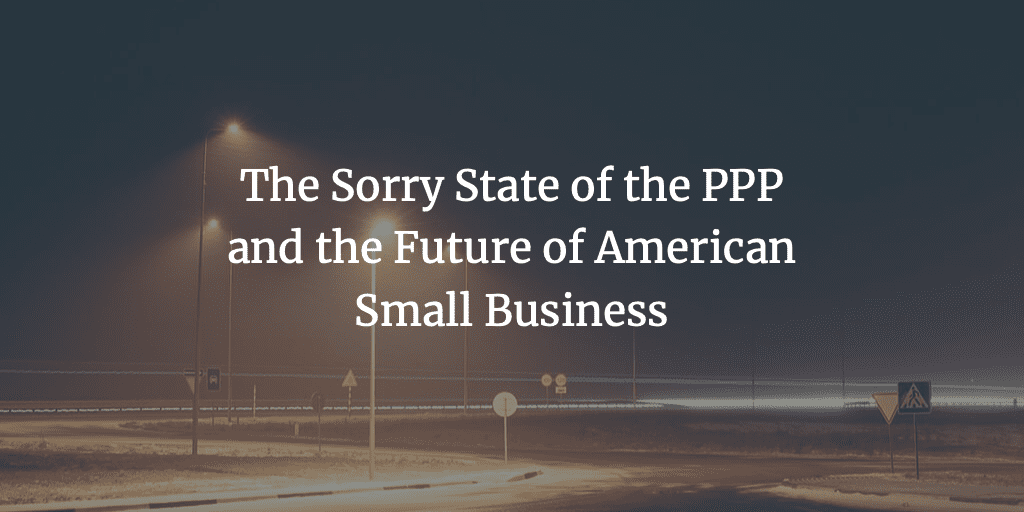Today is the day that the Paycheck Protection Program (PPP) was supposed to go in effect, where small businesses owners could finally apply for desperately needed loans. But unfortunately for the millions of struggling small businesses out there the roll out has been anything but smooth.
Let me preface this by saying this is a very dynamic situation and I realize this article may be out of date by the time you read it. But I felt it was important to get this message out here now anyway.
We started hearing late yesterday that there were problems with launching today. NBC reported that Chase, the largest bank in the country, “will most likely not be able to start accepting applications on Friday, April 3rd, as we had hoped.” The problem being that guidance from the SBA and Treasury was still unclear. That guidance did come in the form of a 31-page document released around 7pm ET last night. This was too late for most banks to be ready to go first thing this morning.
We also heard late yesterday from Treasury Secretary Mnuchin who announced that the interest rate on these loans would increase from 0.5% to 1%. The 0.5% interest rate was a big stumbling block for many banks and fintech lenders who said they would be losing money on PPP loans. I am not sure if bumping it 50 bps will make a huge difference but it can’t hurt. It won’t make much of a difference for small businesses because the vast majority of these loans will be forgiven as they spend the proceeds on payroll, rent and utilities.
This whole process has been a bit of a cluster. This Wall Street Journal article yesterday has a good summary as to why more lenders had decided not to sign up for the PPP. But to get a handle on what has actually been going on behind the scenes you should read the CEO of Lendio, Brock Blake’s, tweet series from yesterday.
It seems there has been a power struggle going on between the Small Business Administration and the US Treasury. COME ON PEOPLE! Did you not see the unemployment numbers coming out the past two weeks? In reality the PPP should have been completely in place two weeks ago then we might have been spared some of these massive job losses.
Every day money is delayed in getting into the hands of small businesses will be another day of where hundreds of thousands of people lose their jobs. The number one priority for the implementation of this program should have been speed. Clarity on the rules from the get-go would have helped as well. Sure, there is going to be rampant fraud here as every fraudster in America will be trying to get their hands on this money. But I would argue that some fraud is acceptable because the cost of not getting this money into the hands of small businesses is so high.
Already there is a distinct possibility that millions of small businesses will be closing down permanently. If we have to wait several more weeks for this money this country will be looking at the complete obliteration of the small business sector. Unemployment could reach a number that even dwarfs the Great Depression.
As of this writing (8:45am ET) none of the top five banks in the country have started accepting applications. Many other banks I have visited have said they “hope to begin accepting applications later today”. Others have said it will be Monday before this happens. Fifth Third explains their reasoning for not launching on time in this Forbes piece.
There is a good chance that some banks will be accepting applications later today. But there will likely be plenty of horror stories today with small business owners, desperate for cash, lining up in vain at their local bank or waiting for updates on their bank’s website.
As for fintech lenders some have indicated to me that they will participate in the program, others have said that even with the improved terms they will still likely not be able to offer these loans. But no fintech lender I could find this morning was accepting applications yet.
So no banks and no fintech lenders are ready to go first thing this morning. Let’s hope this changes soon for the sake of the small business owners of America.


